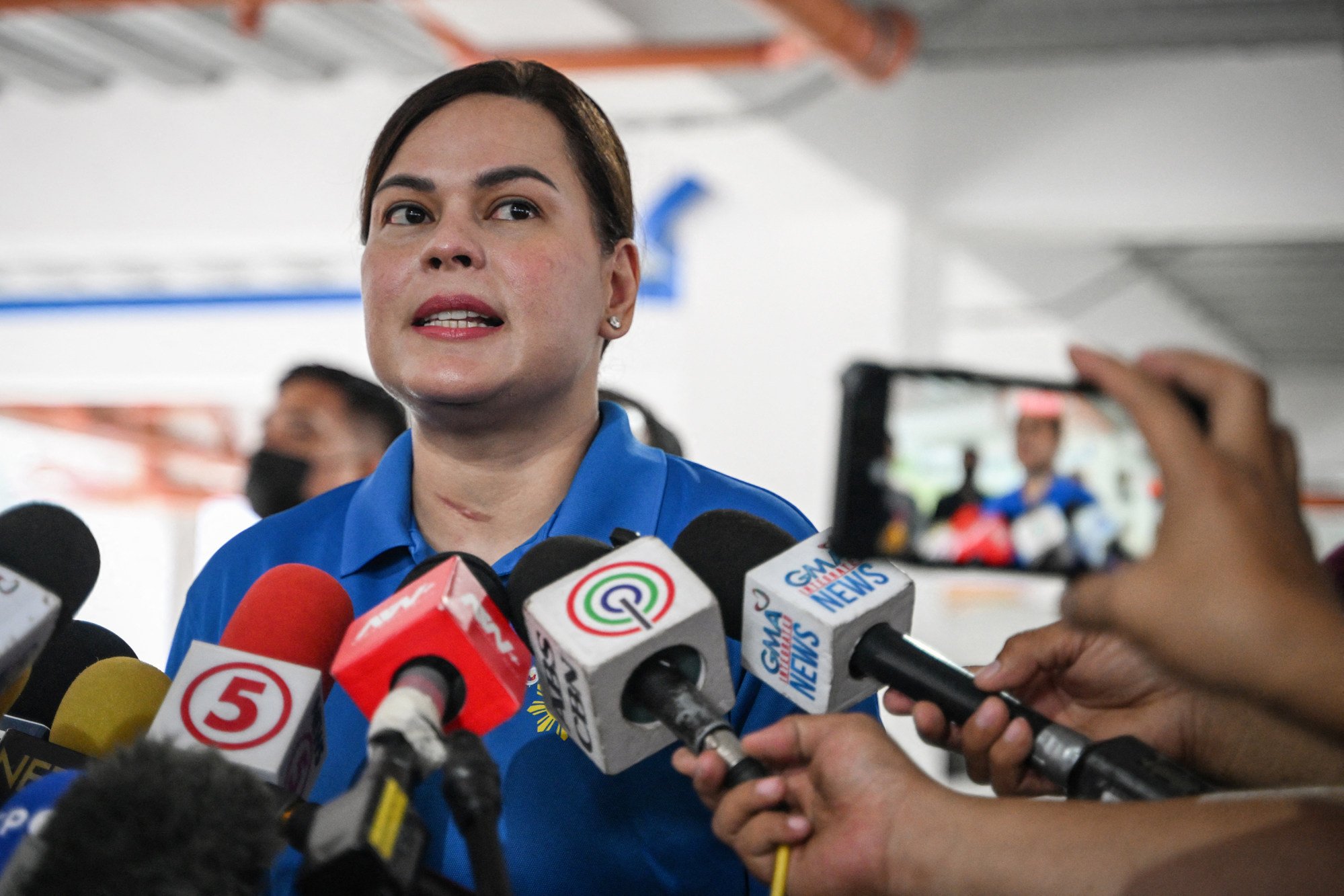Marcos touts Philippines economic gains ahead of midterm election
The president also repeated his pledge to defend Philippine territory, as his government contends with lingering tensions with Beijing

Philippine President Ferdinand Marcos Jr. touted economic gains under his government as he made a final pitch for his Senate candidates before the May 12 midterm vote.
Marcos underscored how the Southeast Asian nation has posted one of the fastest economic expansions in the region, and how his government was able to tame price pressures. He also cited his administration’s efforts to fix the country’s education and health systems.
“There is still much that needs to be done,” Marcos said during his slate’s rally in the capital late on Friday to conclude the campaign period. “We have united the best Senate candidates to continue our progress, to continue our development.”
The president also repeated his pledge to defend Philippine territory, as his government contends with lingering tensions with Beijing in the South China Sea. “No matter what happens, we will not stop defending the Philippines, even if it is against a very large, foreign, very powerful force. Filipinos do not retreat. We will not retreat,” he said.
Marcos and his arch-rival, Vice-President Sara Duterte, have been campaigning furiously ahead of Monday’s elections, after the breakdown of the political alliance that brought them to power in 2022. While neither is on the ballot, both want strong showing by their favoured candidates.

The race for the 12 Senate seats is key, as the chamber’s 24 members will help decide Duterte’s political fate in her July impeachment trial for alleged misdeeds including a death threat against the president. Duterte denies the charges, and has been pushing a “DuterTEN” slate of Senate candidates to reduce the chances of her conviction.
A conviction in the trial could result in her removal from office and dash any chance of her running for the presidency in 2028, when Marcos is due to step down. The country limits its leaders to a single, six-year term as president.
But economic issues are also at the forefront of the polls, with many Filipinos concerned at the cost of food, which had climbed over the past few years.
The Marcos administration has managed to tame inflation, notably by lowering import tariffs on rice, allowing the central bank to cut borrowing costs. But economic growth has missed the government’s target for the past two years, and last quarter’s gross domestic product expanded below expectations amid uncertainty over US trade policies.
Still, the Philippines’ 5.4 per cent first-quarter growth was faster than that of neighbouring countries.
Malaysia’s economy grew 4.4 per cent during the same period, while Indonesia’s GDP expanded 4.87 per cent. The Thai central bank has repeatedly signalled it expects 2025 growth to fall short of the 2.9 per cent estimate set in December.